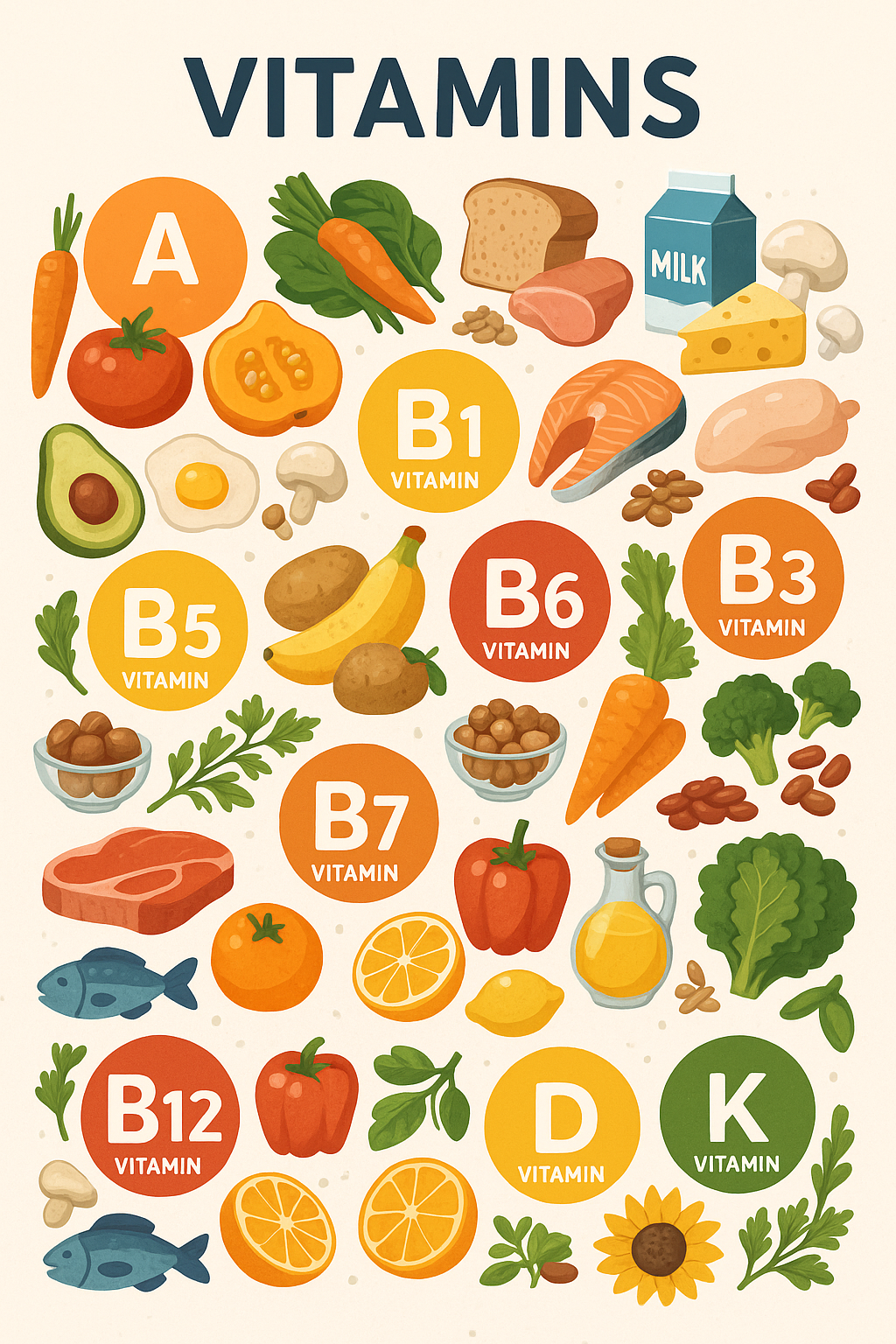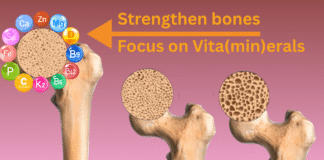Vitamin A and Diabetes
As vitamin A is required for the development of cells, it also influences development of pancreatic cells and ultimately production of insulin. It has been demonstrated through animal studies that vitamin A deficiency could result in loss of β-cells and hence reduction in insulin production. The association between vitamin A and type 2 diabetes was also evidenced when type 2 patients showed much higher level of hepatic vitamin A compared to normal ones.
B Vitamins and Diabetes
Results from the different research studies has shown that requirement of vitamin B1 (thiamine) is higher in individuals with diabetes compared to normal individuals. This means that active vitamin B1 play an important role in glucose metabolism. Deficiencies of vitamin B6 (Pyridoxine), vitamin B9 (folic acid) and vitamin B12 (cobalamine) increases homocysteine levels. Elevation in homocysteine level is associated with insulin resistance. Homocysteine induces insulin resistance by modifying cysteine-825 (homocysteinylation) of the pro-insulin receptor (pro-IR) in the endoplasmic reticulum (ER) and abolishes the formation of the original disulfide bond. This modification of the cysteine hinders the cleavage of pro-IR in the Golgi apparatus which decreases the mature IR level in various tissues and induces insulin resistance.
Vitamins C, vitamin E and Diabetes
Oxidative stress shows imbalance between oxidation and antioxidants in the body. It has been proved that level of oxidative stress markers is elevated in patients with diabetes. Consequently, antioxidant supplements such as vitamin C and vitamin E have become the part of diabetes research. Being an effective reducing agent, vitamin C scavenges free radicals and prevents the oxidation of vitamin E and Glutathione. In an animal study, Vitamin C-deficient rats showed decreased levels of vitamin E with increased lipid peroxidation, demonstrating the influence of vitamin C on vitamin E. Both vitamin C and E have been found to be effective in reducing fasting glucose, HbA1C and increasing glutathione in diabetic patients.
Vitamin D and Diabetes
The fact that vitamin D deficiency could be a risk factor for diabetes has been supported by many observational studies. Since vitamin D level is strongly influenced by latitude, exposure to sun light, variation in number of diabetic cases was observed with respect to region and season. Higher number of type 1 cases were reported during winter in Germany, Denmark and China. Seasonal variation in number of type 1 cases among children was also confirmed by WHO on the basis of 9 years data. In order to confirm the association of vitamin D deficiency with diabetes, intervention studies were also performed. In one of these studies, 1α,25(OH)2D3 was found to play significant role in controlling hyperglycemia and reducing insulin resistance while in other study vitamin D supplementation caused increase in insulin secretion by 48%.The evidence of effective role of vitamin D in curing diabetes in animals, provoked the interest in clinical studies. A significant decline in HBA1c and improvement in insulin secretion in children treated with vitamin D was observed. A meta- analysis of three studies involving 4190 subjects showed that vitamin D intake reduced the risk of diabetes. The mechanism of improvement in insulin resistance following intake of vitamin D, depends on binding of 1,25(OH)2D to vitamin D receptors in β-cells, in turn stimulation of the expression of the insulin receptor and elevation of insulin secretion.
Vitamin K and Diabetes
Several different studies have demonstrated that increasing dietary intake of phylloquinone can improve insulin resistance. Three different possible mechanisms support the therapeutic effect of vitamin K on diabetic patients. First is regulation of osteocalcin, a vitamin K-dependent protein that has been shown to promote β-cell proliferation, insulin secretion and increased insulin sensitivity. Second is through anti-inflammatory effect that helps to improve insulin resistance. The third way is the lipid-lowering effect. Lipid accumulation in obese patient has been shown to cause decrease in insulin sensitivity and long-term intake of vitamin K in rats has been shown to reduce total fat mass, serum glucose and thus alleviate insulin resistance.




